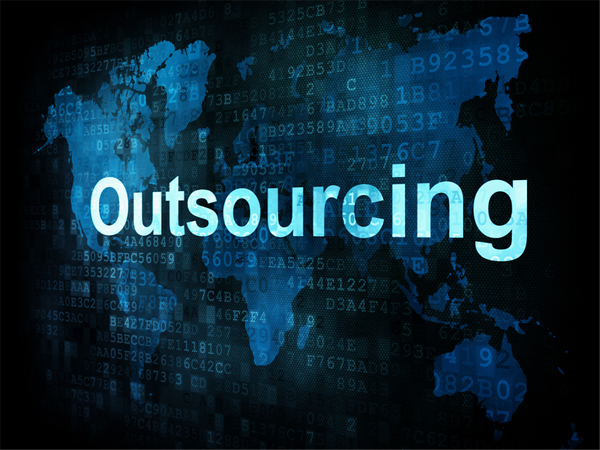Case Study: Outsourced Product Development – Part 4
Continuing the series ‘Choosing The Right Outsourced Product Development Partner‘ we bring you the 4th and the final part of the series –
Case Study – Outsourced Product Development – Part 4
To illustrate the significance of product outsourcing partnership in current outsourcing scenario GoodWorksLabs and S.T.Dupont case study provides some good insights.
GoodWorksLabs is a new-age global software lab with strong know-how to solve software related business problems and building world-class products and apps. S.T.Dupont is a Paris based super-luxury retail brand, which provides lighters, pens, wallets, watches, cigarettes and fragrances.
S.T. Dupont’s know-how in traditional luxury retail is unmatchable. With the time, the need of going electronic and mobile became significant for the company. The company had a problem to be solved. They needed,
- A superior in-store iPad application that showcases all their products and helps them engage with their customers in their stores.
- A technology that will scale across their stores globally, used by their headquarters, store managers and clients giving them personalized shopping experience.
GoodWorkLabs team was entrusted with the responsibility of solving these business issues for S.T.Dupont. Clearly, S.T.Dupont was not looking for an outsourced partner who develops the application as per the requirements given by the company. They were looking for an outsourced partner who understands their business, their culture, their clients and their business problems to come up with a world-class solution that represents their high-end brand. Because of this alliance,
- Company received the technical expertise of GoodWorkLabs in the domain where it had no expertise (i.e. technology, mobile apps, user-experience and UI)
- GoodWorkLabs created an easy-to-use and beautiful iPad application keeping the brand design guidelines in mind.
- GoodWorkLabs achieved this by developing the product iteratively using Agile software development (SCRUM) and Extreme Programming, working alongside ST Dupont’s team.
- GoodWorkLabs successfully created personalized shopping experience for consumers of S.T.Dupont brand. The essence of brand was intact in the new application.
- GoodWorkLabs also made sure that within the organization this technology change is adopted smoothly. Hence, application was equally focused towards backend staff, as it was towards customers.
“Brilliant team and superior product delivery! GoodWorkLABS built our in-store mobile app that powers our stores worldwide”
– Megha Malgatti, Corporate Strategy, ST Dupont, Paris.
For consultations on how to choose a right product-outsourcing partner, do get in touch with GoodWorkLabs at www.goodworklabs.com
You can access the complete series here –
Series: Choosing The Right Outsourced Product Development Partner – Part 1
Strategic Advantage of the Outsourcing Partner – Part 2
Does your product outsourcing partner meet your Fit and Trust criteria? – Part 3





